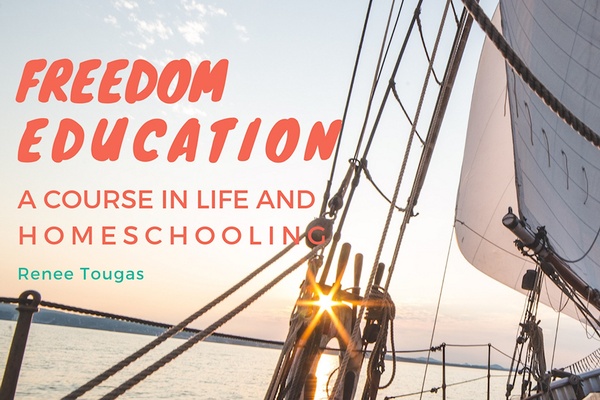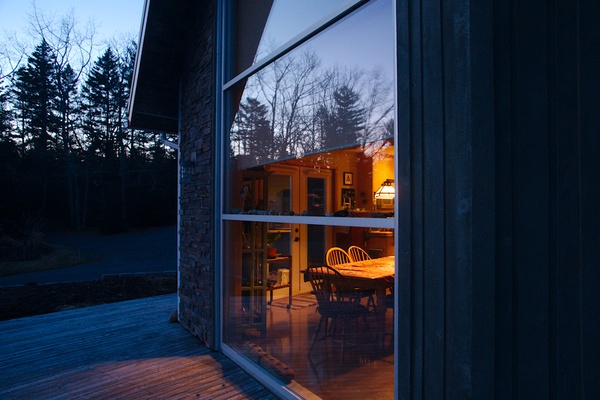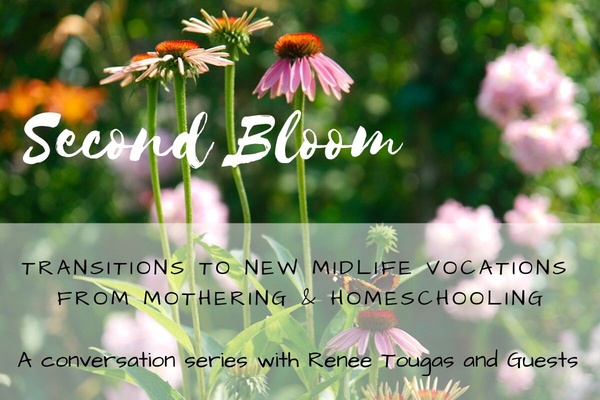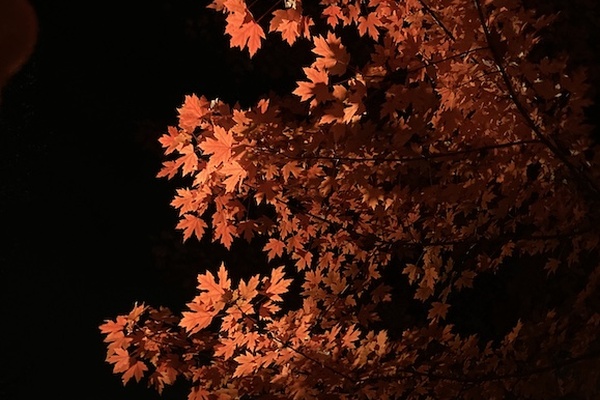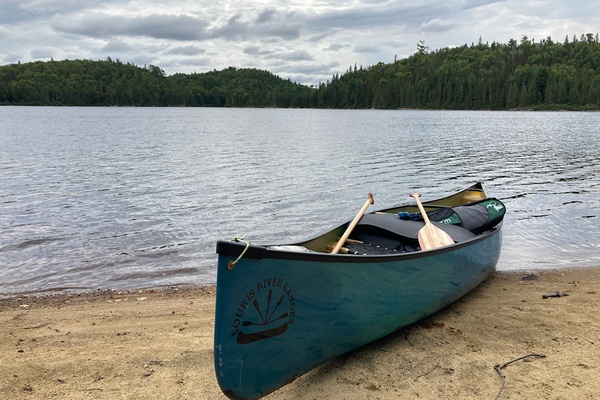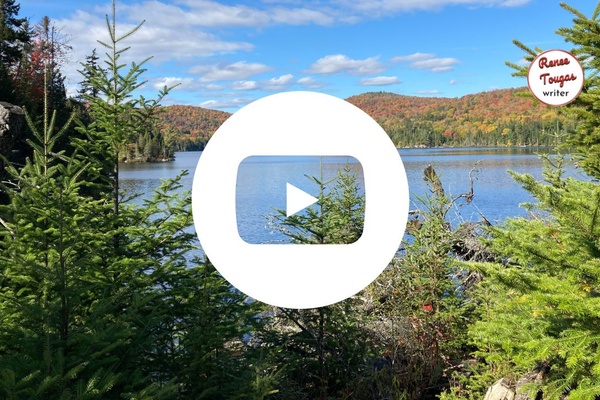Get posts by email
A summer garden
August 14, 2020
I started gardening in my late 20s. We were renting a townhome on a tree-lined street in Auburn, Maine. We had a largish front lawn (maintained by our landlord), a teeny-tiny square of grass in the back, and a small strip of soil along the garage planted with perennials.
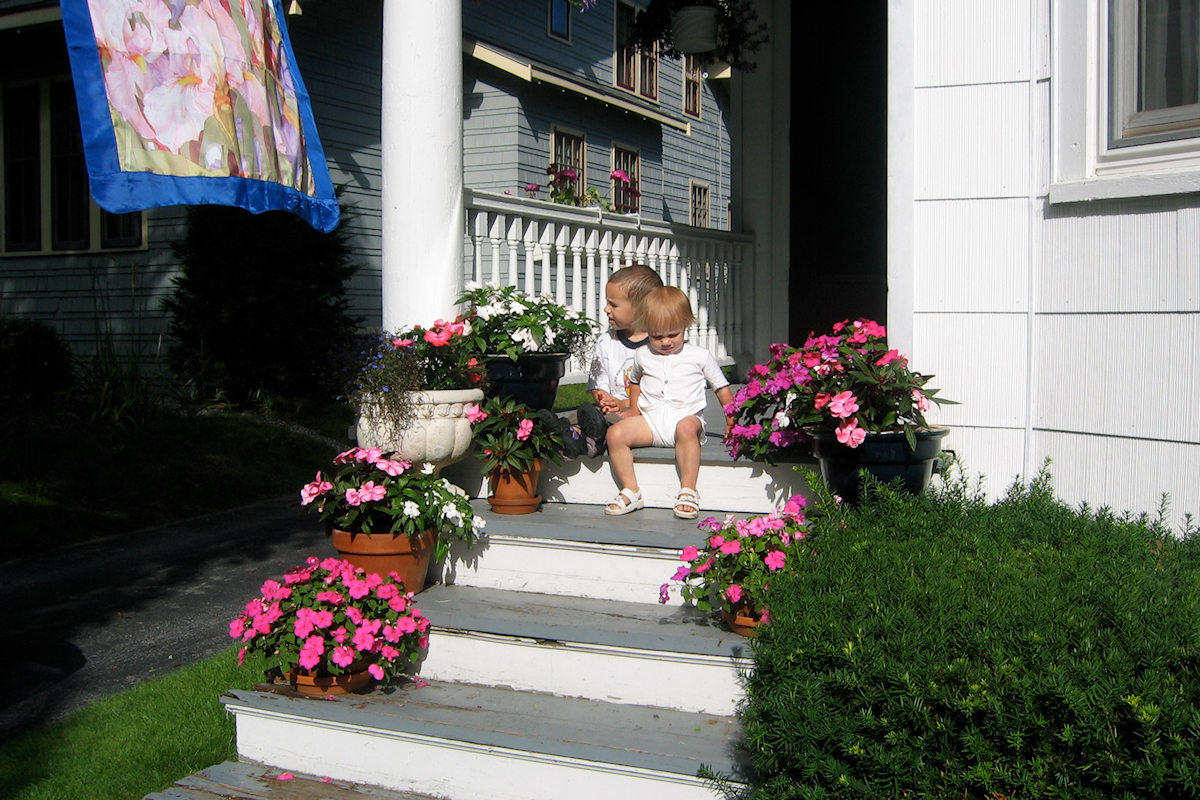
summer 2004: my first garden and my babies
I had three pre-school aged children who loved to go "awh-side" and I loved to be outside with them, but I wanted something to do, something to make, while they played in the sandbox and wheeled their tricycles up and down the driveway.
So I started gardening. I tended and enhanced the perennial bed along the garage. I got books from the library on growing tomatoes in container gardens. (Googling answers to all things was just around the corner, but we weren't there yet.) I filled planters on the front porch with a profusion of annuals.
I loved it. I loved the planning and design. I loved digging in the dirt. I loved having something to do while being outside with the kids. I loved visiting nurseries and greenhouses. I've always loved that since I was a little girl. I loved having something to dream about on dreary, cold February days. And I loved the results of a beautiful outdoor space.
After a couple years of renting the townhome we bought our own home with a fenced backyard. A neglected and scraggly perennial bed skirted the front porch and steps. I now had a much larger canvas to work with and a lot of improvements to make. I was delighted with all the potential.
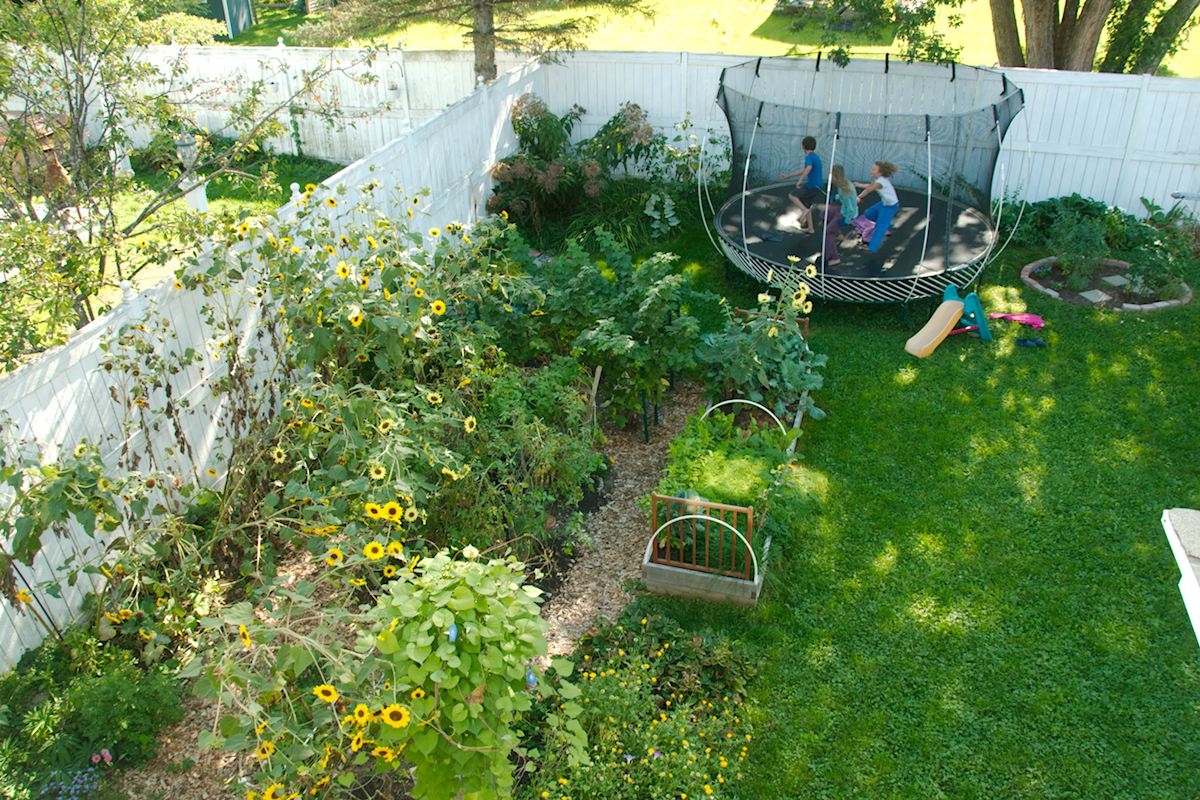
summer 2010
The kids and I spent a lot of time outside at that house. We bought a trampoline, best investment ever. We hung all our laundry in those days (we didn't own a dryer) and the kids were my helpers, which meant all spring, summer, and fall we'd be outside almost every day just to manage the laundry. The kids were always brewing and cooking things in their improvised outdoor kitchen which was planks on bricks, jars with moldy beans, and rusty pots filled with water and weeds.
They played and I gardened. When they were younger, the kids' play often required my attention but as they grew I could devote chunks of time to digging, planting, watering, and weeding.
We transformed that backyard into something beautiful. I built my first real garden, complete with a multi-stage concrete-block compost system into which I released the worms which I had kept in an improvised rubbermaid vermicompost bin in the basement of the townhouse.
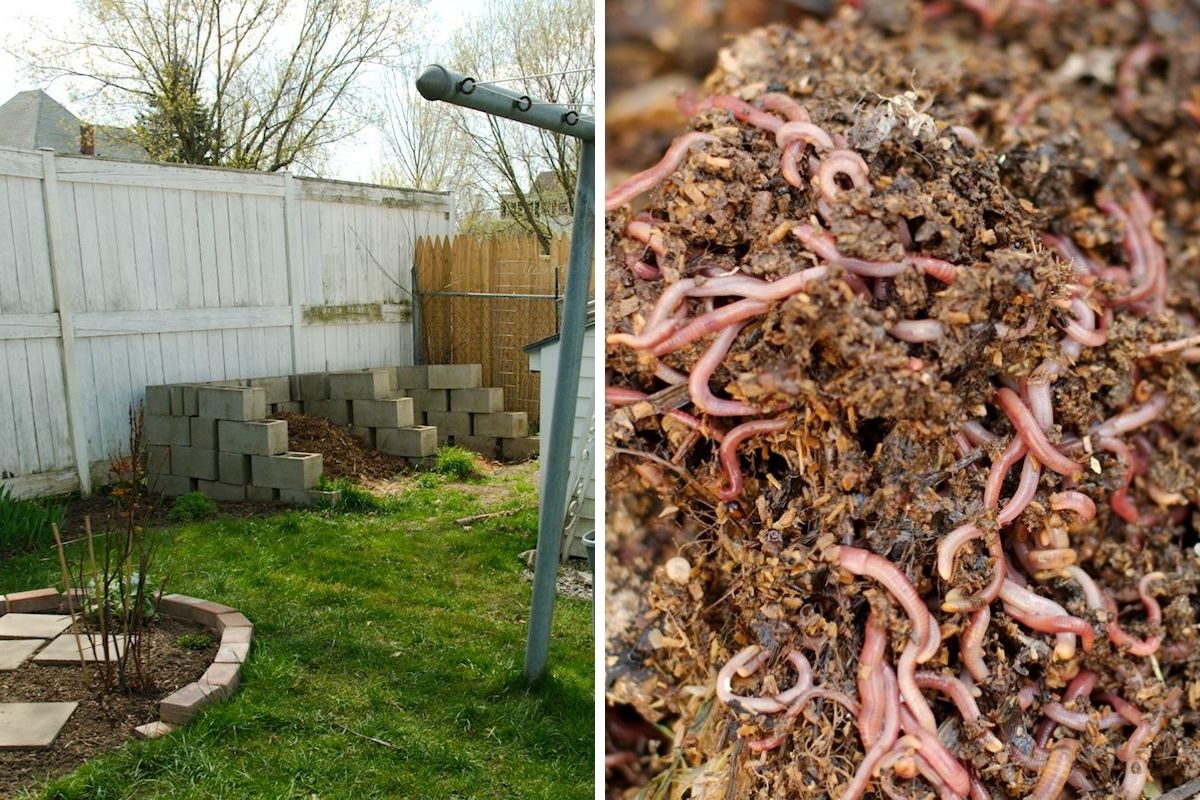
I still miss that compost and those worms.
Then we left Maine, returned to our country of citizenship, and had our family adventure years on the Gaspé Peninsula. And for four years gardening did not factor into my life. Our outdoor energies were directed towards hiking, backpacking, camping, and exploring. We lived in naturally beautiful places where the need to cultivate beauty wasn't so strong.
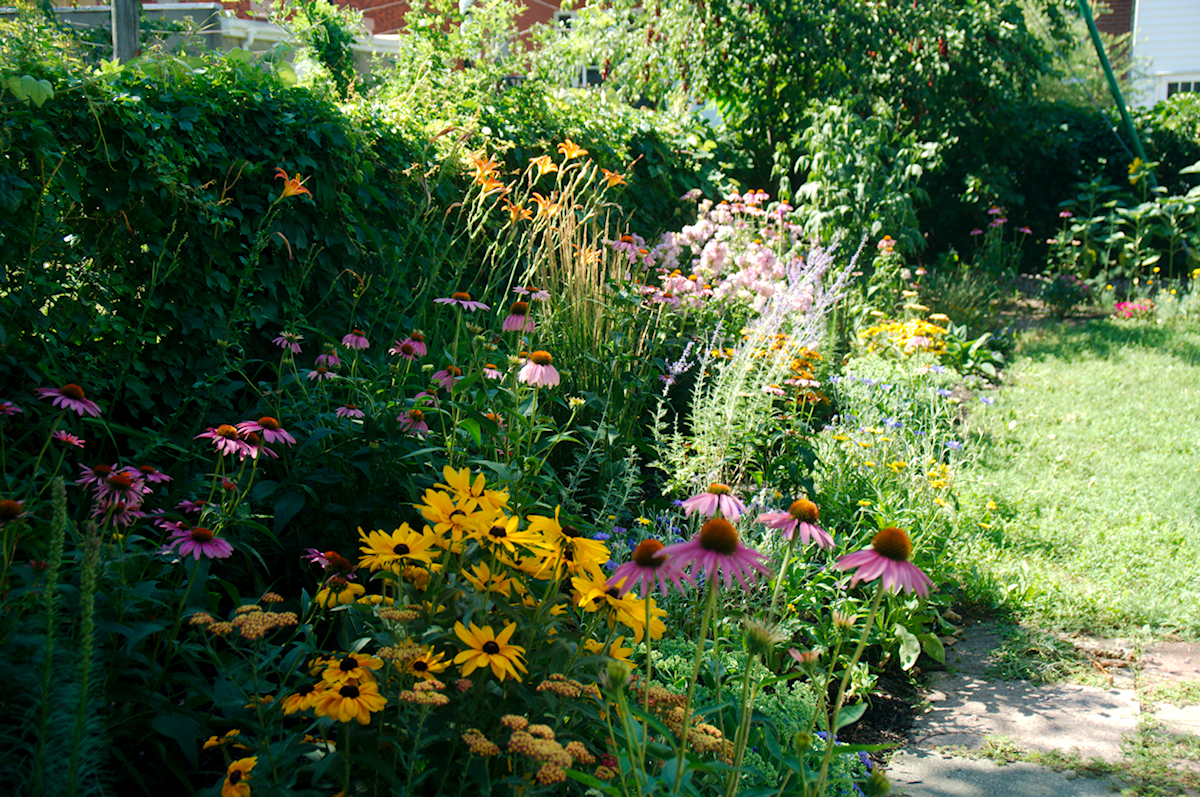
2020 perennial bed
When we moved to Montreal the summer of 2015 a yard space suitable for gardening wasn't at the top of our list when looking for an apartment. Life is full of compromises, and at that point I was willing to compromise on the garden space. We definitely wanted an outdoor space of some kind but I wasn't emotionally invested in a garden, per se.
We had 5 days, on the ground in Montreal, to find an apartment. I can't believe it, looking back, at how we lucked out in finding our place. Granted, the rental market wasn't as bad as it is now but still, 5 days!
We found a 3 bedroom apartment with a driveway, a garage (both nearly impossible to find in the city), and a south exposure backyard with ample garden space.
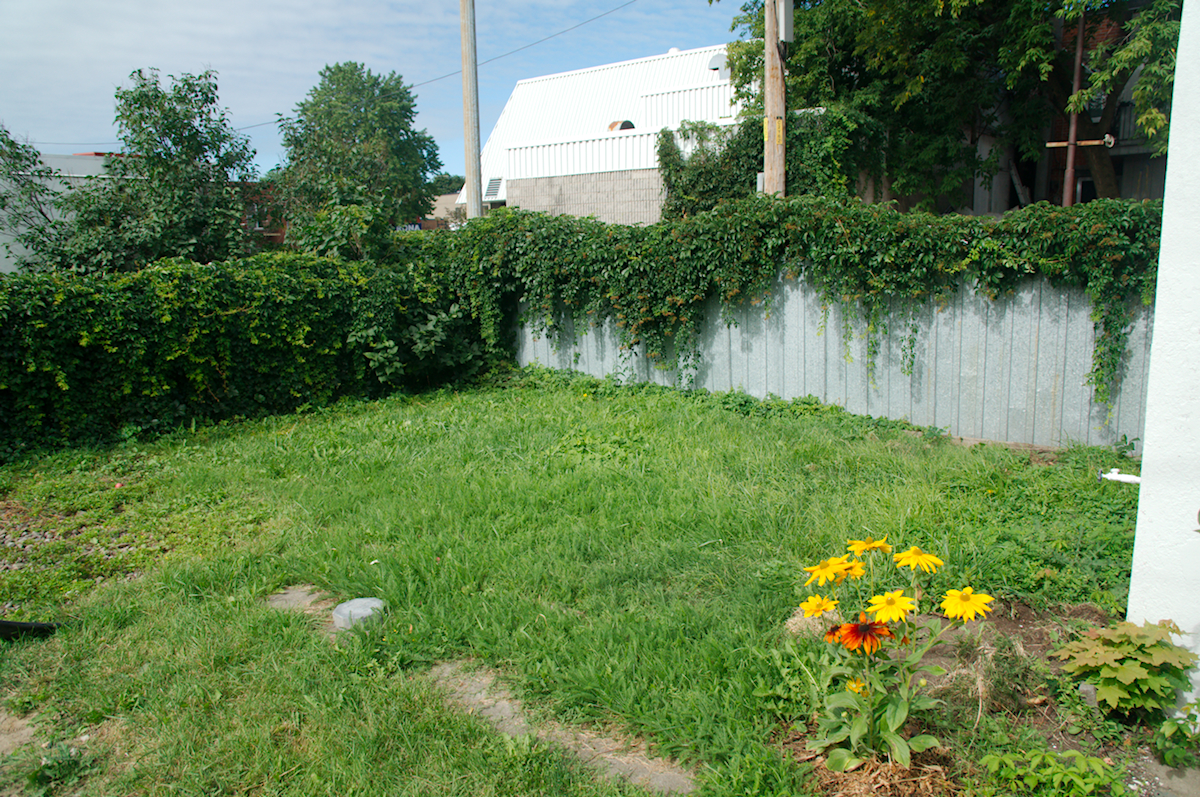
2015: the vegetable garden to be
Speaking of compromises, it must be mentioned that our apartment building faces a main road in which buses, large trucks, cars, and emergency response vehicles contribute to a constant flow of noisy and dirty traffic. And the apartment's front yard is an absolute mess, tended by no one. But the backyard is quieter and fenced. It's our private urban sanctuary, which feels like an absolute luxury during a pandemic in which public space became so regulated and restricted.
We "landed" a garden space, no pun intended, but it took time to transform our backyard because we took extended working road-trips west for two full summers. Those were amazing trips and I'm so grateful we did them. Having a scrappy backyard for a couple years was a small trade-off to make those dreams possible.
This is where before and after photos are really fun and satisfying. There is no after in this story, but there is "currently".
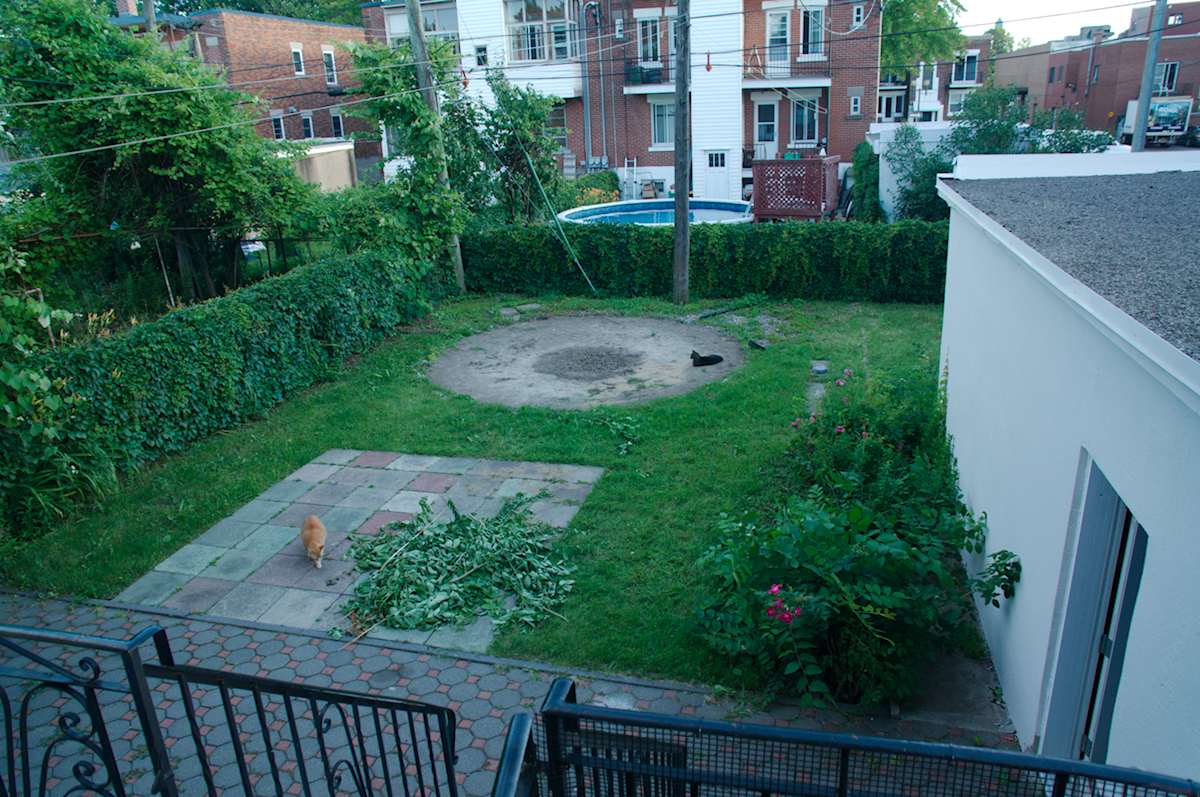
July 2015
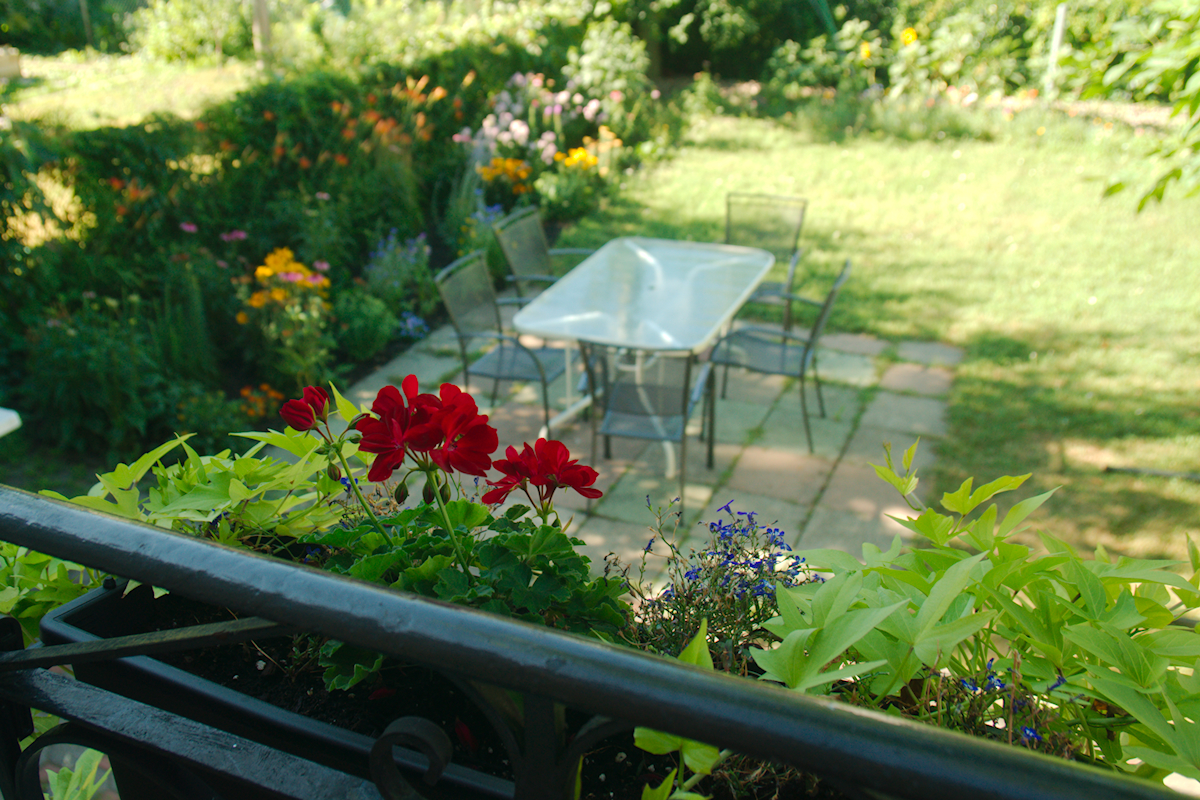
July 2020
One of the chief sources of joy for me this summer and feelings of accomplishment is my garden.
I've been reflecting about my garden a lot this summer. Things I've learned about life, things I am learning, through gardening. Also just noticing how the wheel of time turns me round to revisit past parts of identity, to try them on once more, see what fits, what doesn't, and find new expressions of myself.
I was a gardener. I wasn't a gardener. I'm a gardener once more. But gardening in this life season is completely different than before. No more little kids and constant interruptions. I can build and maintain a garden in a fraction of the time it used to take. But as I've mentioned before, I fiercely miss, like an ache, the innocence of that age and time. Especially this summer with all its societal upheaval.
I'm gardening again, like I once was in Maine. But it's very different, just like my life is different.
Once upon a time I wrote spiritual and life reflections inspired by my gardening experiences.
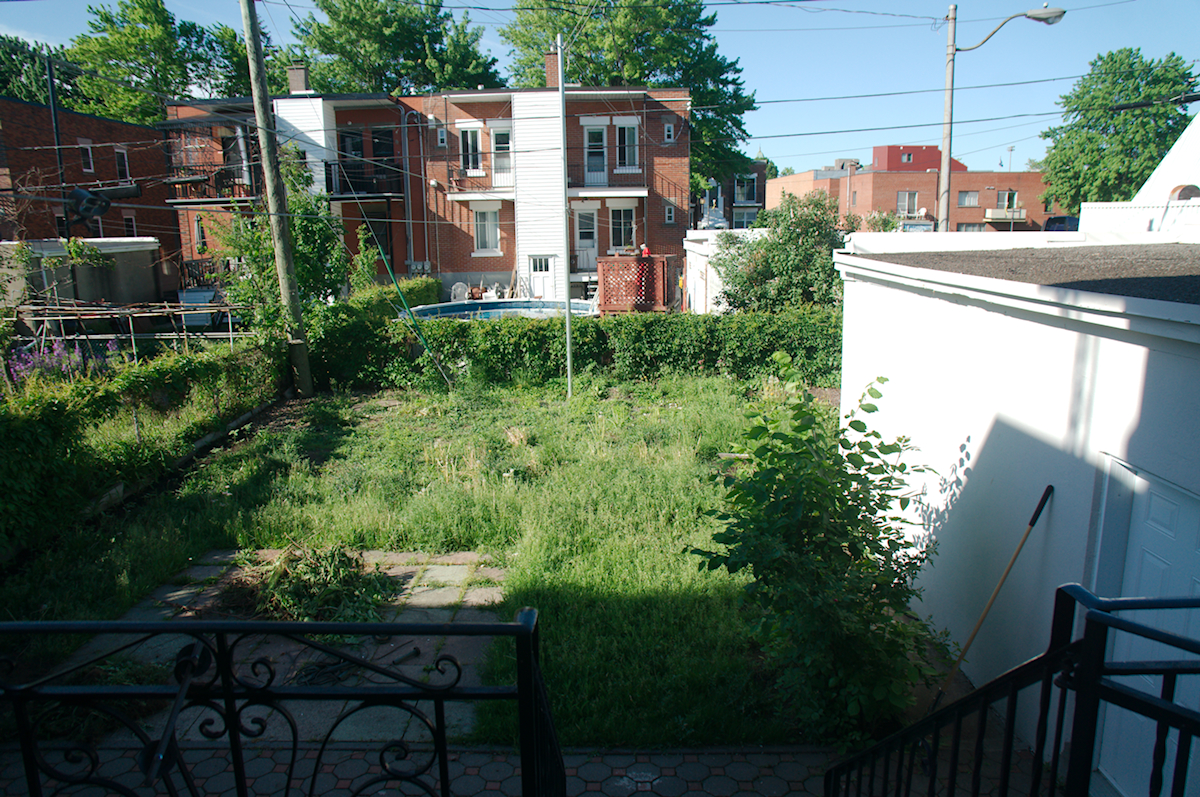
2016
Through the lens of surviving and adapting post-midlife crisis, raising teenagers, going through a faith deconstruction, and just the general passing of time and gaining more life experience and now, boom, a global pandemic, my old writing sometimes embarrasses me.
So much of what I wrote in the past (about gardening, homeschooling, creativity, etc.), especially when my kids were little and I was full of conviction and confidence that now eludes me, feels presumptuous, privileged, and naive.
But for the sake of living courageously and putting myself out there so that I'll have enough fodder to embarrass my future self, I figure I'm due to write a post with some actual take-away reflections inspired by gardening.
So here goes...
Some things I've learned about life through gardening
-
Living within your means is where the magic happens.
I've never gardened with a big budget. We've never hired a landscaper to build any yard features, mostly because we've rented homes for more years than we've owned homes.
We haven't invested a lot of money into gardens because we have other priorities - travel, adventure, and experiences whenever possible. The budget always feel tight for me around gardening (as it does around everything) which is part of why my gardening wins feel so good.
What came into being in my backyard wasn't because I went the garden center one day, picked out exactly what I wanted, all ready to bloom, plopped it in the ground and boom - made a garden.
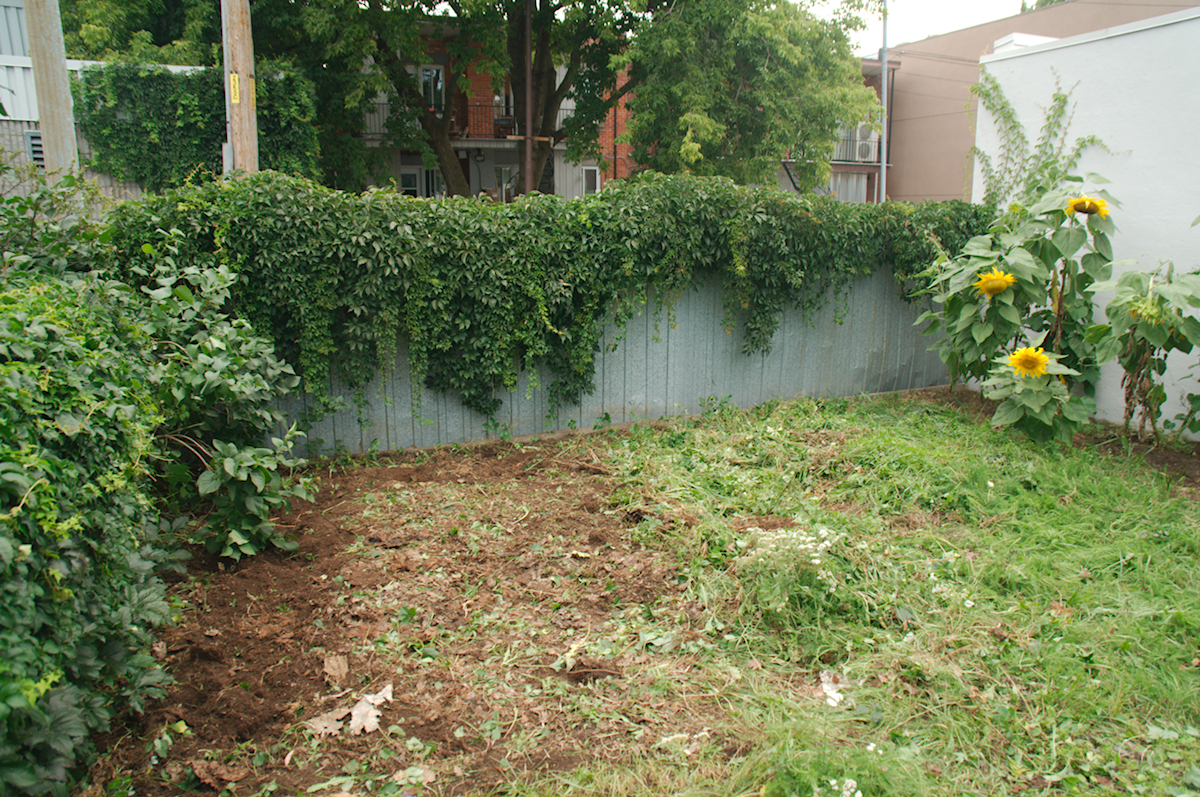
August 2016: using lasagna method to build a vegetable garden patch
You don't need a lot of money to grow a basic garden. And when you do have money to invest I recommend improving the soil first.
So many of my flowers, even perennials, have come from seed that was being given away free at the grocery store. I also worked with what was already growing in the yard, identifying plants and moving them to better locations, spacing them out to improve the design, etc.
Last year was the only time I made a trip to a nursery to buy some specific plants to round out my blooming season. I would go to the nursery every year if I could afford it. The list of what I want to grow is still long, and I slowly chip away at buying plants, but big buying trips are not the priority right now.
However, there's a certain magic to building something slowly, with limited resources, even when it's frustrating.
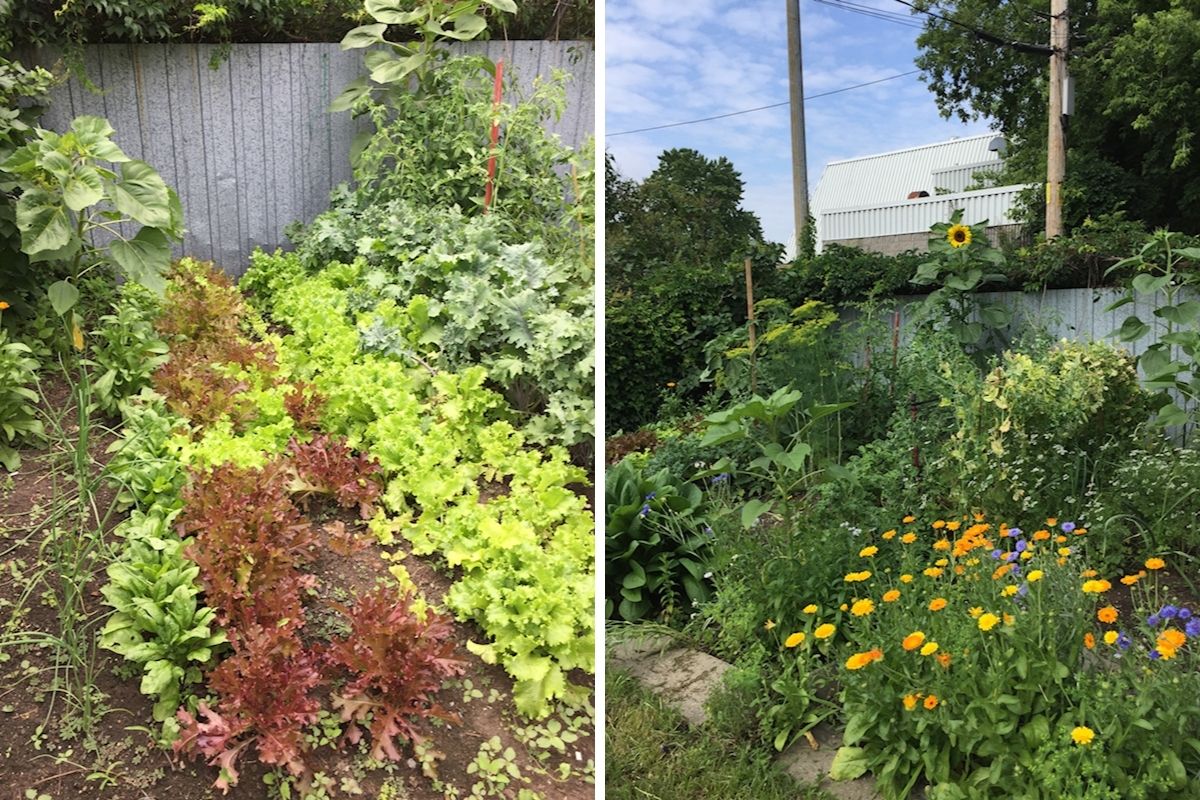
2019: vegetable (& sunflower) garden
The combination of time and effort sweetens the reward. I'm pretty sure this translates to more things than gardening.
(For more living on a budget, especially with regards to home making and home decorating I recommend my recent interview with Jean-Daniel Ó Donnċaḋa.)
-
You can work to make things better.
Any improvement or development project teaches us this, whether it's in our homes or in ourselves.
If you don't like what "is" right now, you can work to improve the situation. We can't do all the things. We can't improve everything at once but we can slowly work at pieces of our lives - our homes, our careers, our health, our relationships - moving them in the direction we want.
When I was younger I used to believe you might be able to leap there. Talk about magical thinking.
Sometimes we do make leaps, we'll experience a significant change that propels us forward, but mostly we shuffle our way there, step by step.
When we moved to this apartment there was dirt, grass, a rose bush, and a couple perennials. Now there is a flourishing perennial bed and a somewhat flourishing vegetable garden.
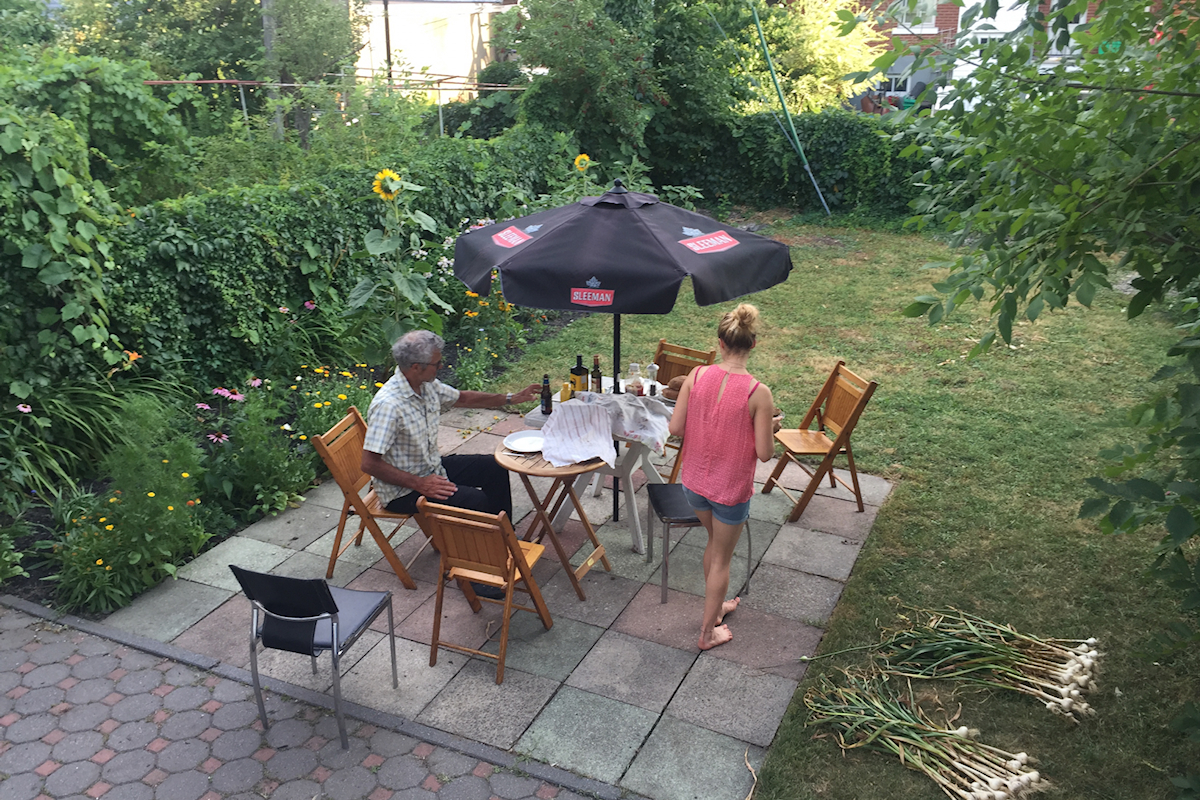
July 2018: perennial bed beginnings & first garlic harvest
It changed. For the better. Even the slightly beleaguered vegetable patch is better than what used to be there.
-
Nature does a lot of the work.
On long drives our family listens to speculative fiction audio books, mostly sci-fi. We also watch those kinds of movies together. It's something we can all kind of appreciate. Trying to rally 5 people around shared entertainment isn't easy.
One of the things I've most taken away from years of sci-fi books and movies is a deepening love and appreciation for Earth. Our planet.
I'm not sure that the writers' motives are to inspire readers to fall in love with and preserve our home. But that's how sci-fi influences me. I love this place and I love how things grow, here on planet Earth. No moon or Martian dwelling for me, thank you very much.
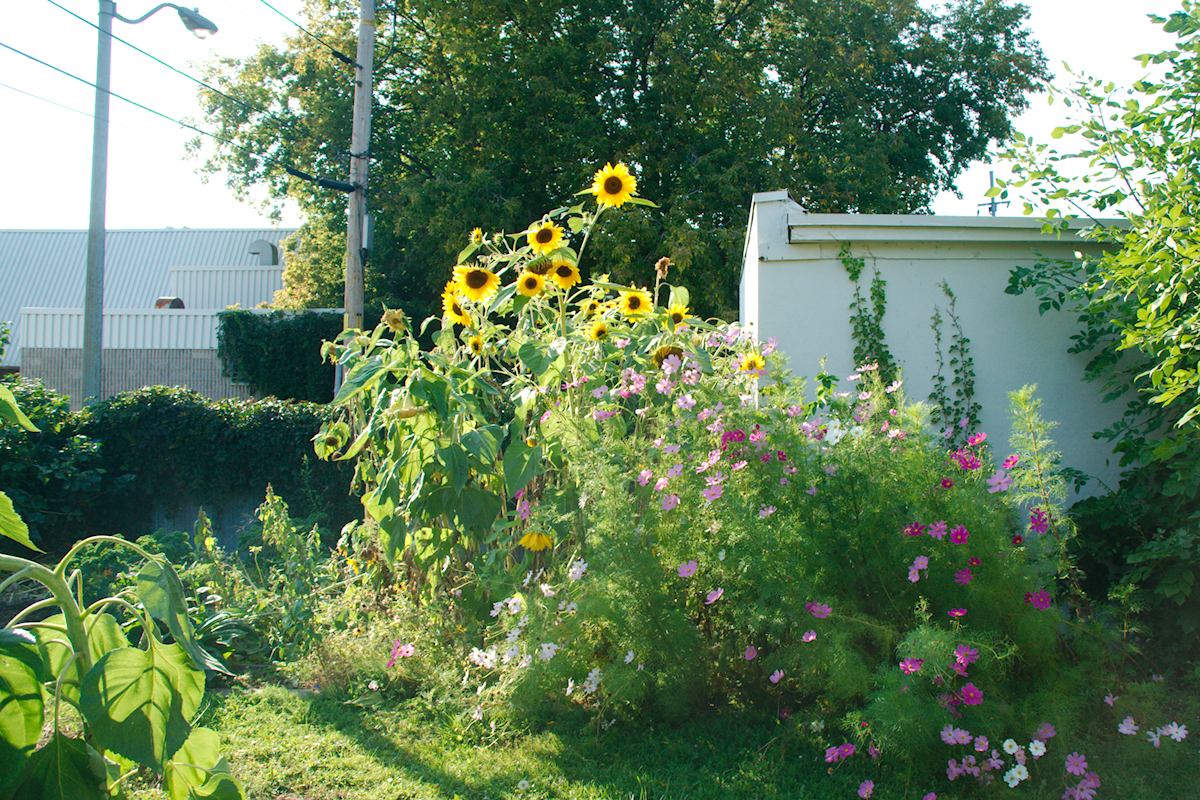
2017: the year the sunflowers and cosmos went crazy
Nature does the work here on Earth, here in my backyard. It will also take over and create a type of chaos if not tended. But it's that very energy towards a certain type of chaos that actually makes things grow.
My work as a gardener is to prune, pluck, sort, weed, water, augment, add, and remove as I see fit. But I don't actually make anything grow. That is still completely beyond our power as humans.
Here on Earth it's a given that things are going to grow. And my job is to tend that growth into a direction and outcome I'd like. Sometimes it works out as I want, sometimes it doesn't. Most of my garden results fall somewhere between the two, but without the inherent ability to grow and the conditions for life, which we tend to take for granted in every single relationship and activity we do, it would all be barren.
My work is tending growth but not making growth happen.
-
Boundaries are good (except when they're not).
On one hand, I naturally love boundaries and clearly defined responsibilities, roles, and expectations. On the other, I readily challenge what I perceive as artificial boundaries related to social-norms and the status quo. I ask "Why" a lot and "Who's the 'they' that are making these rules?"
We need both, pushing and challenging the boundaries and also knowing which boundaries to respect. The chainlink fence around my yard is a boundary that gives me security because it both defines a space that is "my own" and marks the edge of my responsibility.
This edge of my responsibility is an important concept to me. The world is an overwhelming place with so much that needs improving and fixing, in physical space but also relational space. But we can't do it all. Defining the edge of my responsibility helps keep the overwhelm at bay.
I love knowing that my garden space, therefore responsibility space, is contained.
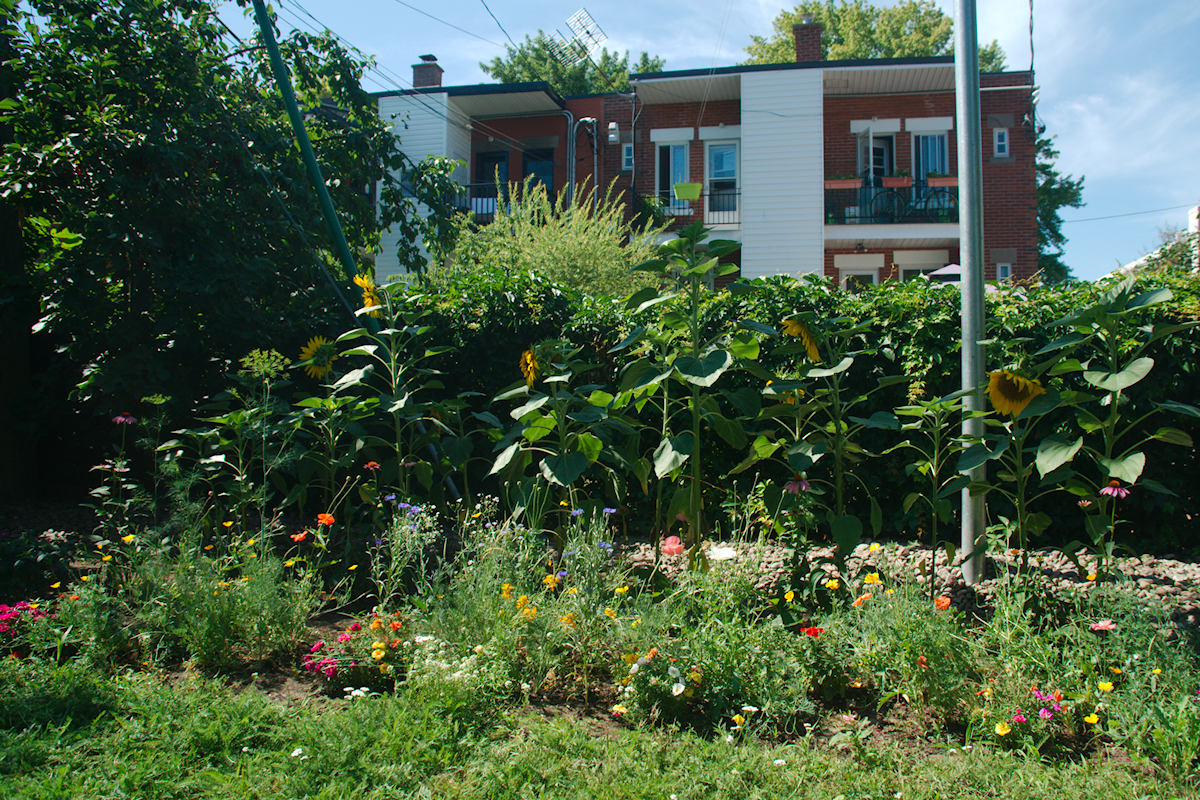
2020: building the wildflower bed along the back fence
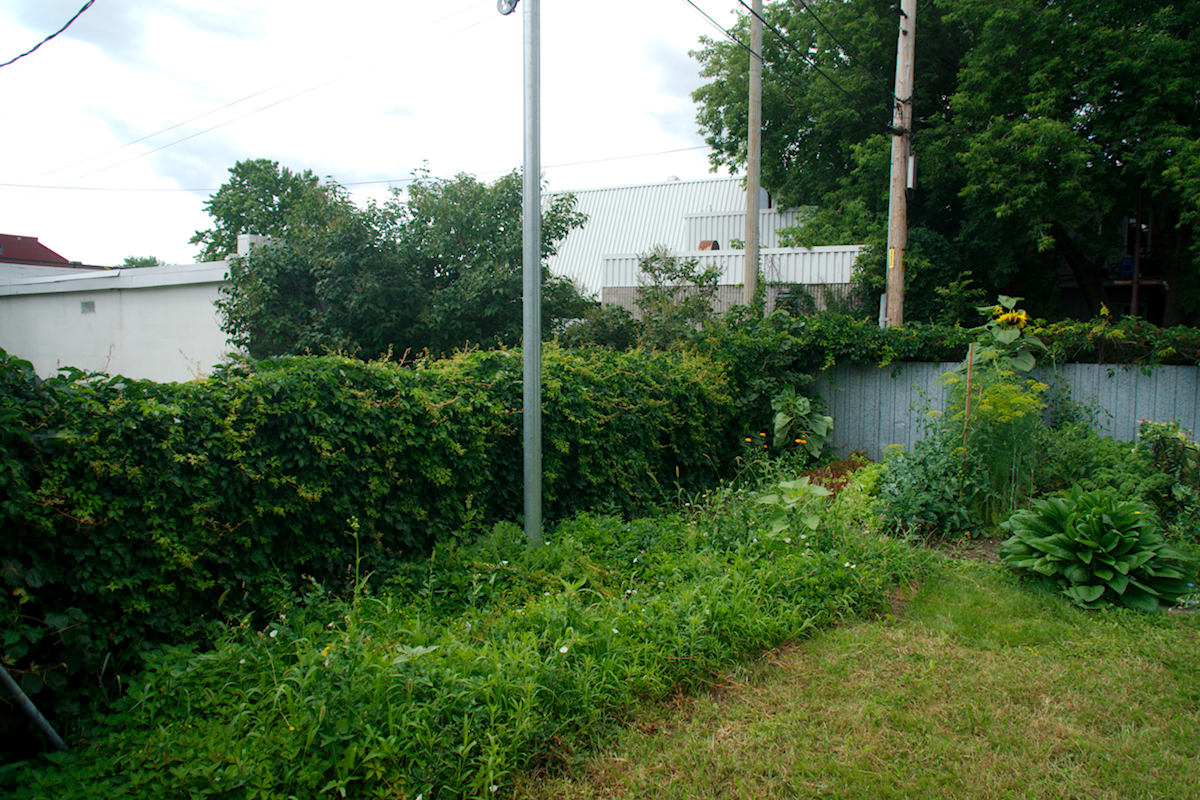
2019: the "wildflower" bed last summer
-
Bloom where you're planted (with caveats).
I have a problem with trite cliches.
Bloom where you're planted doesn't always work. Because sometimes you need to get the hell outta’ where you’re “planted” - geographically, relationally, spiritually, intellectually, etc.
Just because you are somewhere doesn’t mean it's a healthy place to be there, nor does it mean you were “planted” there by some divine force or fate.
But let’s say you are somewhere, because that’s where you’ve decided to be, or have chosen to stay, not because it’s the perfect place (no such thing), but because it meets the most important needs in your life right now.
And let's just be clear, that place - which could be a location, a job, a relationship - may feel like a compromise, but that compromise helps you work towards something that matters to you.
Bloom in that place.
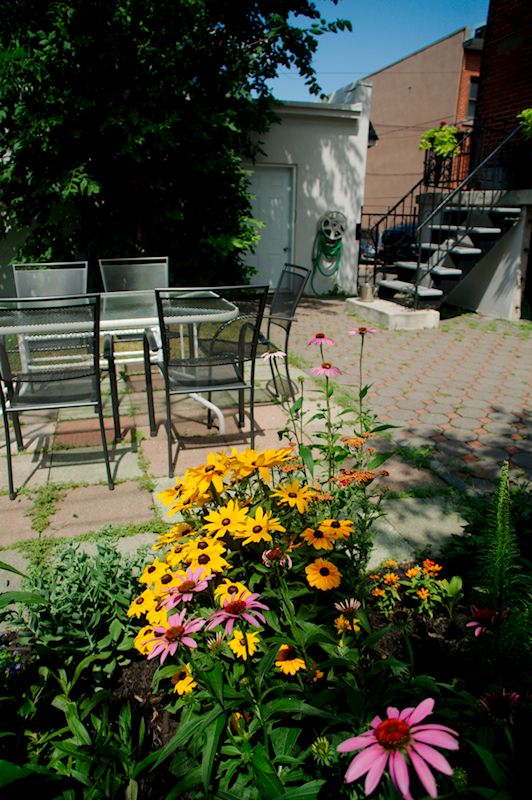
2020: we bought new (& used) patio furniture this summer
I love Montreal. It’s a great city. (For the record, city living during a pandemic sucks. The things that make a city a desirable place to live - access to diverse and vibrant resources and experiences -are greatly diminished.)
City living meets our needs for this stage of life - educating and launching our young adult children - but this is not where I want to be forever, and ever, amen. There are parts of my self and my identity that do not thrive here. Things I deeply value and need, primarily nature, are not available in sufficient quantities.
We are working on our exit strategy but while I'm here I'm choosing to bloom. I'm choosing to maximize, or try to maximize, the opportunities available to me, in this place, in this life season.
Short list of things, in addition to the kids' development, that I'm investing in while living in the city: my garden, french-language learning, academic and career growth opportunities (fingers crossed about my grad school application), relationships and community, cultural and spiritual exchanges.
I'm doing my best to bloom here. And I'll do the same when this time is over and I've re-planted myself somewhere else.
-
Tending something is good for the soul.
It only took me a couple thousand words to get to the subtext of this whole post: things change and are fundamentally always in flux. Change and transition are difficult and disorientating, at the best of times. And this is not the best of times.
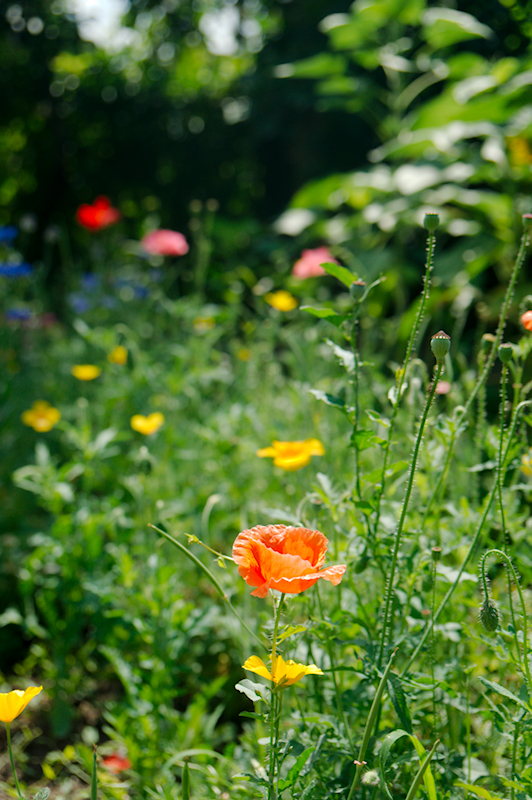
2020: poppies in the wildflower bed (from a packet of free seeds)
This summer has done a number on me. We're in a transition phase as a family. My homeschooling work is done as the kids have all graduated high school. I'm moving on to new things, and so are they.
As a naturally (overly?) reflective person I am looking back on our family life and the kids' growing-up years and feeling both loss with the ending of childhood and also regrets about what we did and didn't do, choices we made and didn't make.
My feelings of regret are triggered by pain and struggle (theirs, mine, everyones). Cognitively, I know that regret is a poor use of precious energy. I get that, but I'm still struggling with it this summer.
Plus, we're in a global pandemic, with an unknown end date, with huge social and economic repercussions. The losses of this time are affecting my family personally as they are affecting us all globally.
This is a disordering and deeply disorientating time. It's rough emotionally.
This On Being podcast about ambiguous loss gives some language to what I'm experiencing.
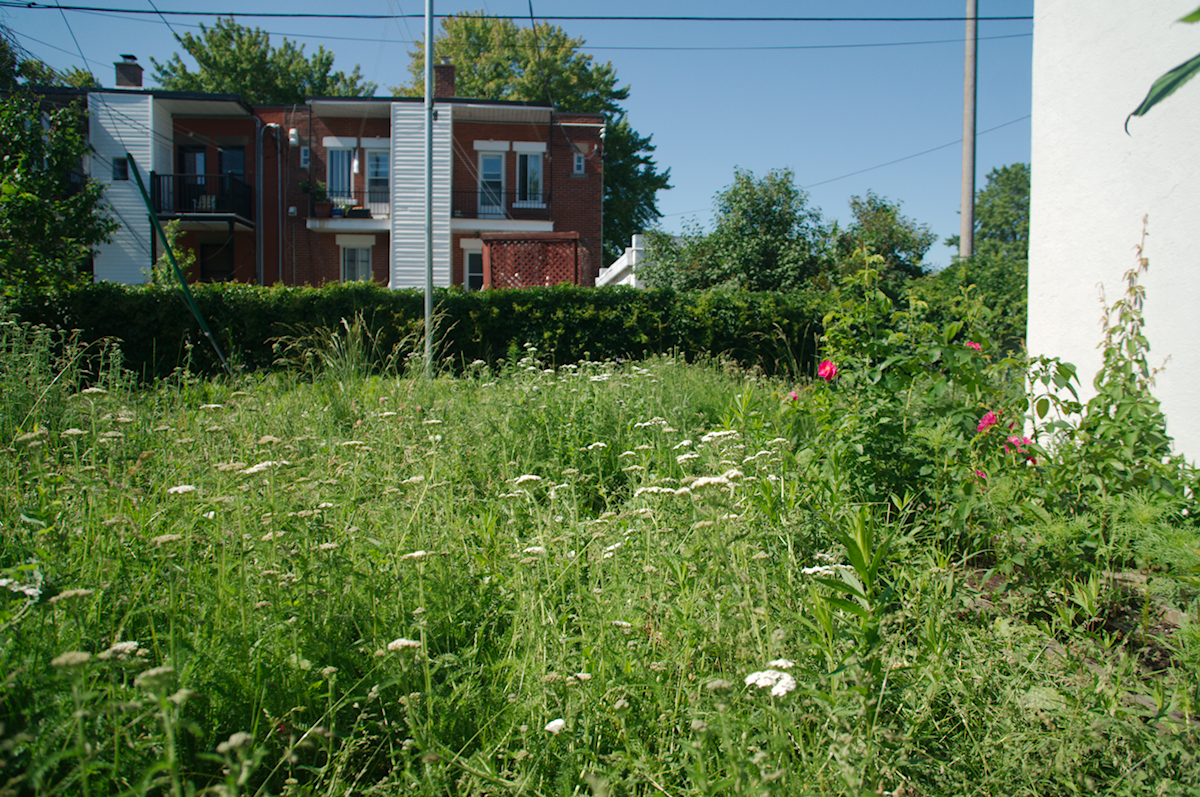
2016: my previously disordered backyard
Earlier in the summer I was experiencing high levels of anxiety. I was discouraged about this (ugh, here again!?), while also just trying to keep my head above water. Knowing and naming the emotional undercurrent all this: kids growing up (and all the emotions around that), pandemic loss and uncertainty, the spotlight on racism and my complicity in that, as grief, has helped me shore up my defenses against that anxiety.
Being able to name of all the terrible feelings and to say "it's ok and normal", and then working to respond in healthy ways to those emotions - seeking connection and engagement, practicing gratitude and joy, cultivating hope, etc. - has helped defuse their ability to catalyze my anxiety.
Which is not to say the emotions are pleasant. They're not. But they're also not as anxiety-inducing, which is an improvement.
To bring this back to my garden. Tending and nurturing something - a garden, a pet, a sourdough starter - is a healthy way to deal with all those emotions. So is rest.
The garden and the backyard have provided both for me this summer.
There's gardening as a metaphor and there's just gardening as a literal thing that's good for my mental and physical health.
-
Take advantage of opportunities for a Second Bloom.
It's incredible to look back on finding our apartment 5 years ago and to realize we may not have landed here, with a yard for growing things. How would my life have been different in a different apartment? Who knows!
As a gardener I seized the chance for a second bloom in my urban Montreal yard. I had the space and the opportunity and I ran with it.
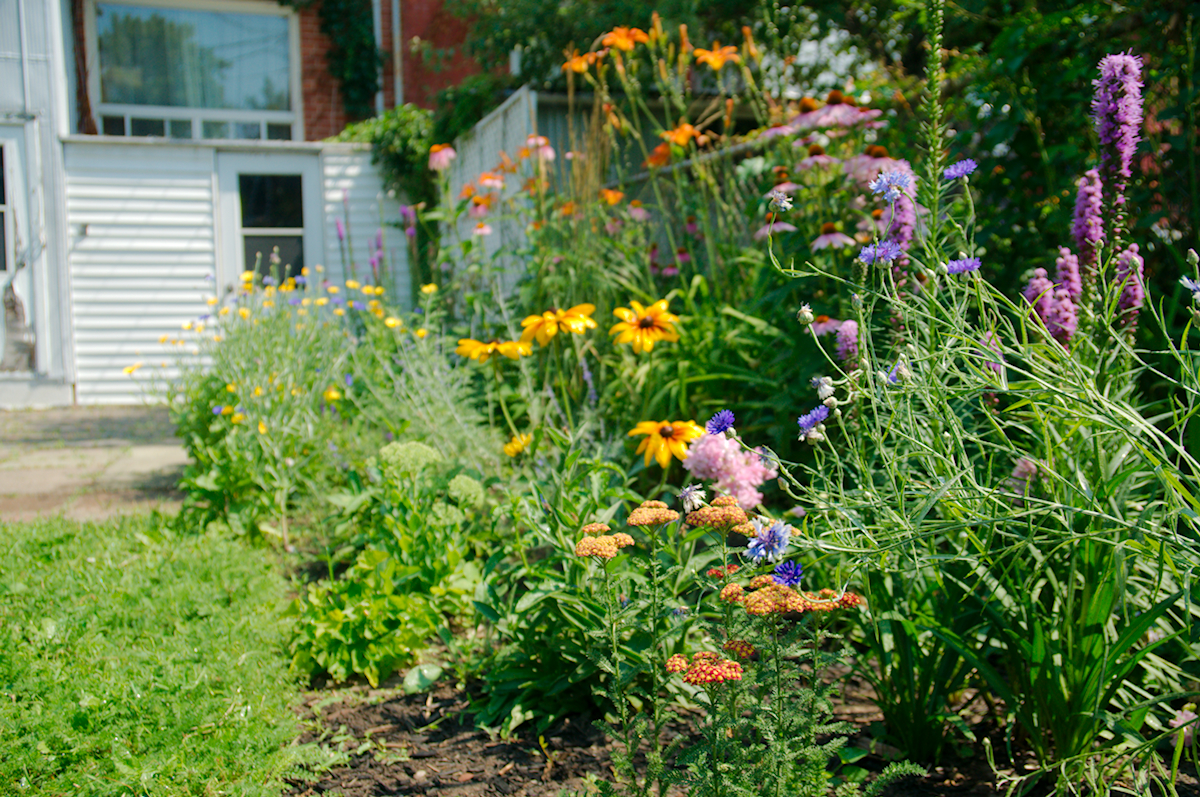
2019
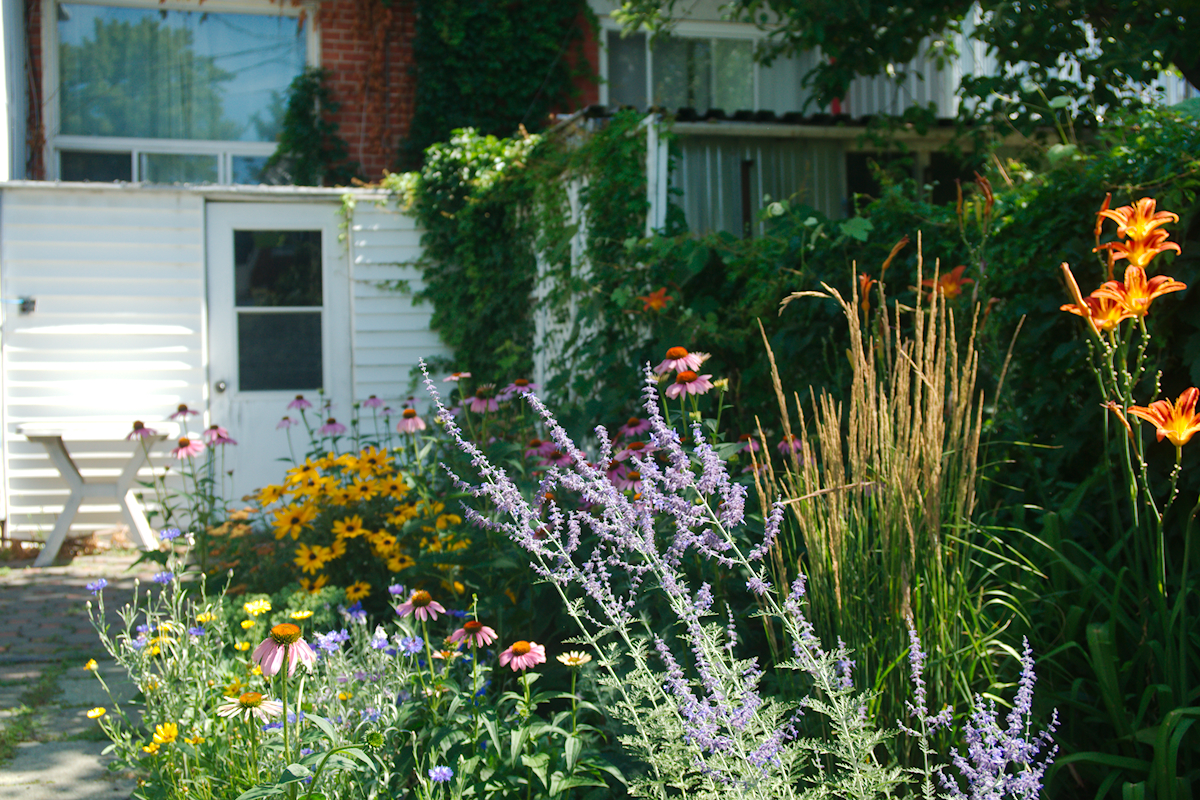
2020: every year a little better
We all have opportunities for a second, third, and maybe fourth bloom in our lives, in different areas. People find new love after relationships end, finish one career and start another, move to new towns and start afresh, shed old beliefs and discover new ways of seeing the world.
I explored the idea of a second bloom into new careers in my Second Bloom Conversation Series - interviews with 8 different women about their transition to new midlife vocations after mothering & homeschooling. Their wisdom inspired me and also gave me hope for my own second bloom, post child-raising.
Because we are living, growing, evolving organisms, we can take advantage of new opportunities in our lives and bloom and re-bloom through different phases of our growth.
Yes, there is an undercurrent of grief this summer but there's also the reality that, having graduated our kids, I'm literally starting the next phase of my life - building, tending, sowing, developing - what will be my second bloom in terms of career and vocation.
My Montreal garden is a second bloom garden for me. I built it up after a disorienting time in my personal life, post mid-life crisis. And this summer, as I enjoy its beauty and blossoms, it's also a metaphor for the next stage of my life.
New things will bloom from this time, if I plant, water, tend and cultivate them.
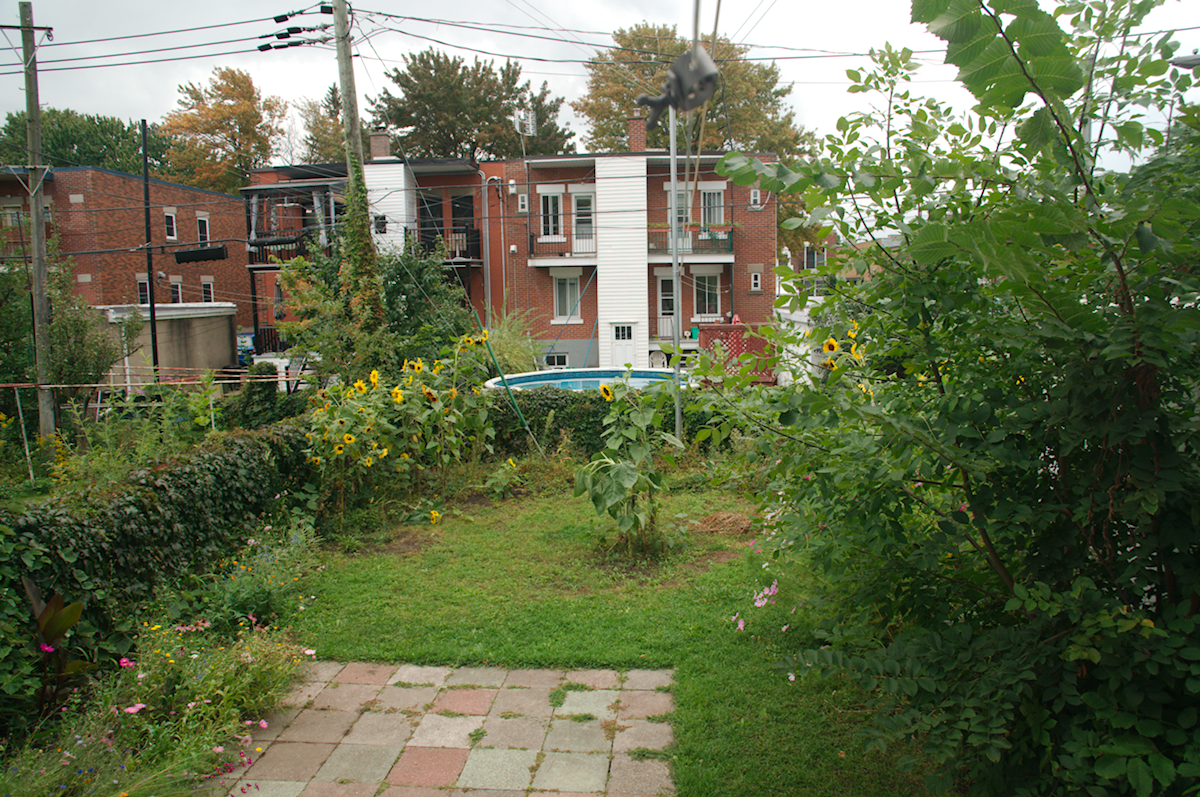
2017: when a sunflower grew in the middle of the yard
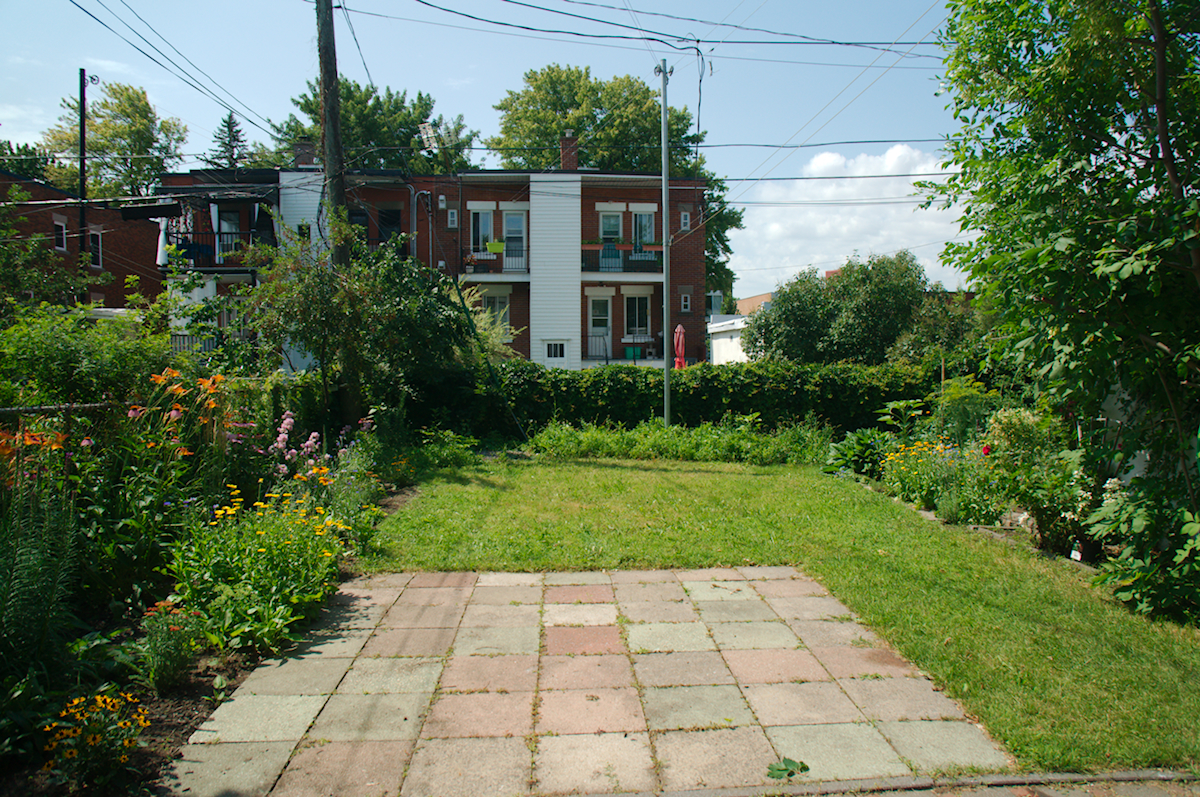
2019: looking better
-
Life is all of it.
My garden grows a lot of weeds and I can't afford to mulch everything and I don't have time to always be on top of the weeding. Some of the greens in the vegetable garden suffered for it.
I seeded one row each of spinach and swiss chard. The neighborhood cats, or maybe just our cat, promptly used the loose soil as a litter box (I didn't get the cayenne pepper on it soon enough). I lost most of those rows and I never did get around to planting more because my energies and interests had moved elsewhere.
My radishes bombed and I didn't have the bandwidth at the end of May/early June to plant the tomatoes.
Try as I might, I'm terrible at overwintering dahlia tubers even though I absolutely love their blossoms. And I just can't justify the expense of buying and planting them anew each year.
As much as I love echinacea they are now starting to take over my limited garden space and next spring I'll have to pull some out to make room for other plants. I want a variety of color and blossoms.
You're always adjusting as a gardener. You learn something new every year, about plants and soil, and about yourself. Things don't work out as you plan. You run out of energy and resources. You win some and you lose some. Conditions change.
Gardening is all of that, along with the rewards.
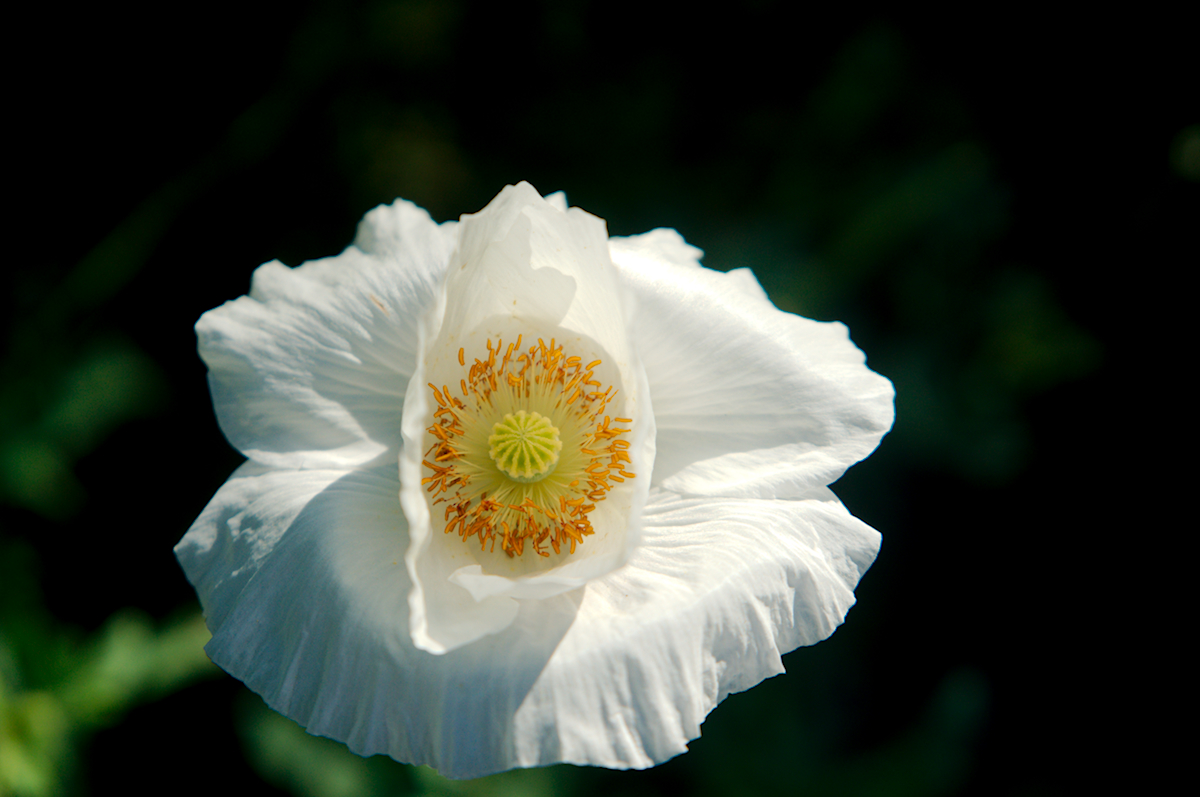
Like life, which can be disappointing, difficult, and painful. But also beautiful, joyful, and hopeful.
Just like this summer.
Filed Under
You can subscribe to comments on this article using this form.
If you have already commented on this article, you do not need to do this, as you were automatically subscribed.
